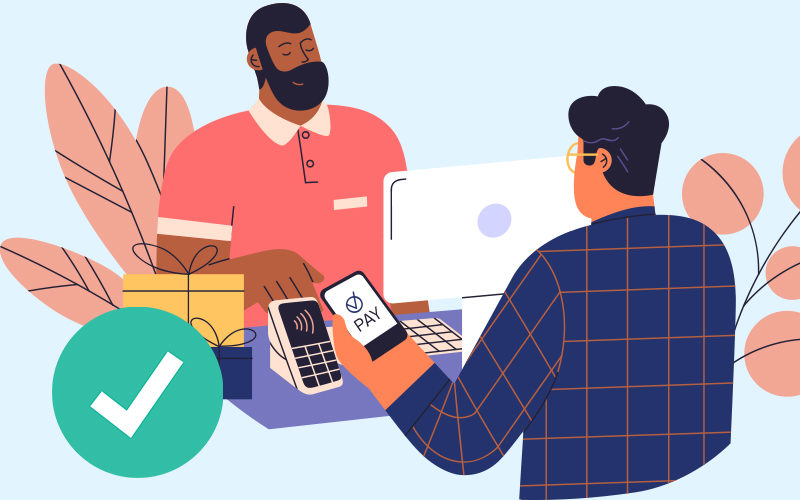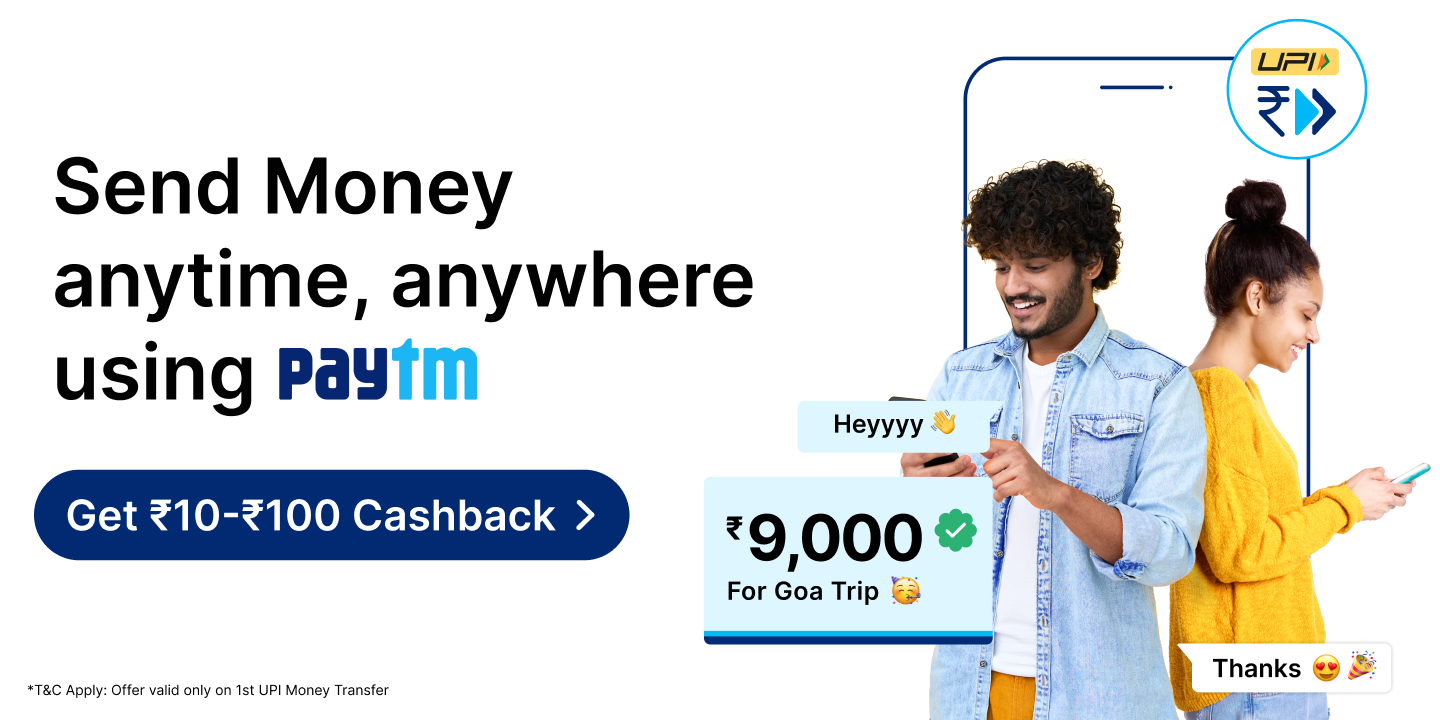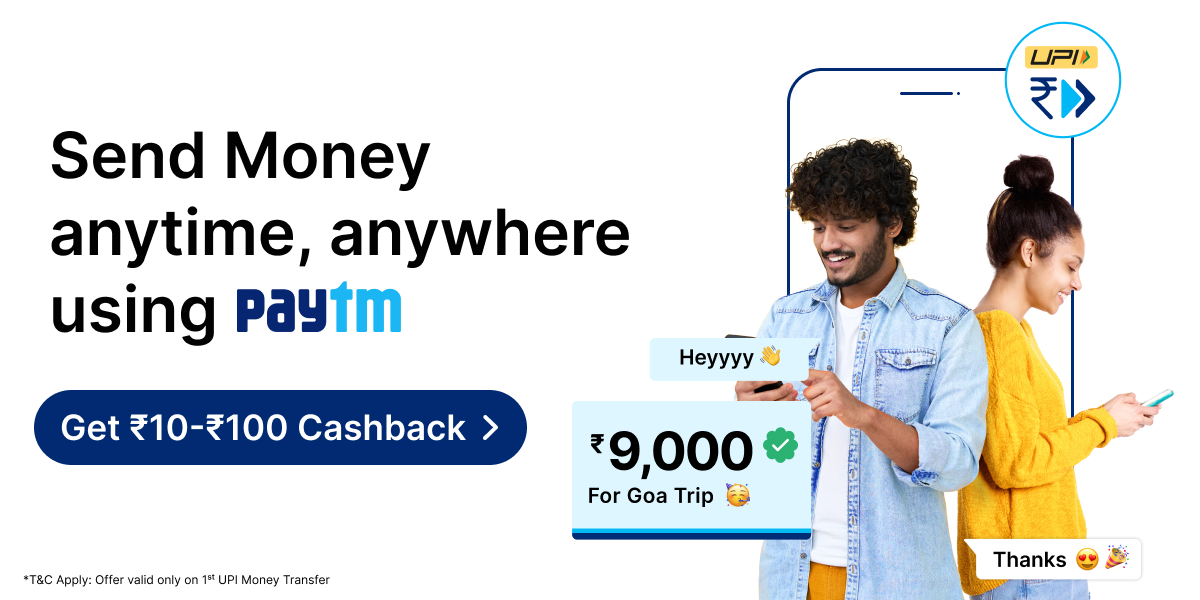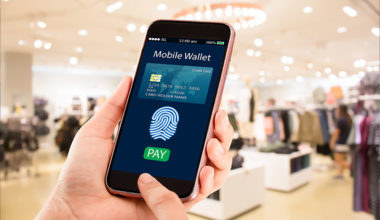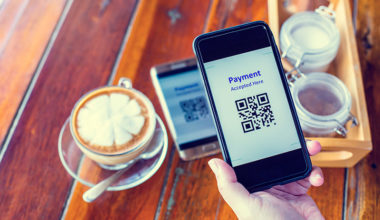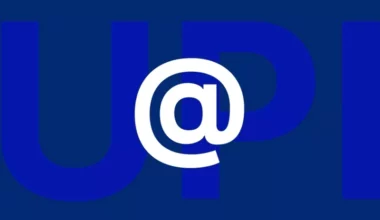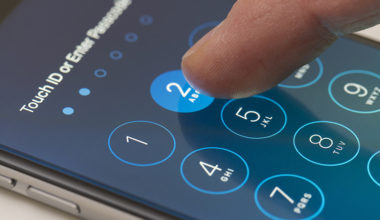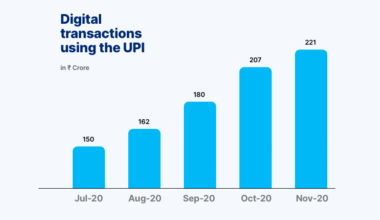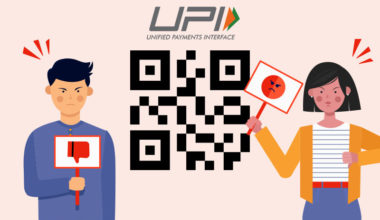If you’re wondering whether UPI payment apps are secure for financial transactions, we understand your concern. UPI payment apps have become a go-to choice for money transfers. With just a few taps on your payment app, you can complete a transaction. However, as the popularity of these apps increases so does the risk of fraud.
In this blog, we’ll explore the safety of UPI payment apps, how they work, and provide tips to ensure a secure experience when using them for money transactions.
How UPI Payment Apps Work?
Unified Payments Interface (UPI) is a real-time payment system in India, allowing users to link multiple bank accounts to a single mobile app. Upon registration, users create a Virtual Payment Address (VPA), a unique identifier linked to their bank account.
To initiate transactions, users authenticate themselves with a UPI PIN. Transactions, such as peer-to-peer fund transfers or merchant payments, are processed through the NPCI platform. The NPCI facilitates secure fund transfers between the sender’s and receiver’s banks. Instantly, after UPI PIN authentication, funds are transferred, and both parties receive transaction confirmations.
UPI’s security measures, including encryption and multi-factor authentication, ensure the safety of transactions. Additionally, UPI is widely used for merchant payments, enabling users to make quick and secure transactions by scanning QR codes or entering merchant details. Overall, UPI simplifies financial transactions, providing a seamless and secure payment experience for users in India.
How to Protect Yourself From UPI Frauds?
While UPI payment apps are generally safe, it’s important to be cautious and aware of potential frauds. Here are some common UPI-related scams and how to protect yourself:
- Beware of Request Money Frauds: Scammers often target users on online platforms by posing as potential buyers or e-commerce representatives. They may ask you to request a specific amount of money to receive a larger sum. Avoid falling into this trap. You should never have to send money or share additional details, apart from your contact number, to receive money. Only request money from people you know and trust.
- OTP/UPI PIN Scams: Never share your OTP or UPI PIN with anyone. Your UPI PIN is like a password that proves your identity for transactions. Keep it confidential and only use it when making payments through a trusted UPI app.
- Phishing Scams: Be cautious of clicking on payment links unless you have initiated the transaction. Scammers may send fake links to trick you into revealing your personal information. Trusted payment apps like Paytm will not ask you to click on links for payments unless you initiated the transaction yourself.
- Remote Screen Mirroring: Download apps only from trusted sources like Google Play Store or Apple App Store. Avoid unverified or suspicious apps that may try to gain unauthorized access to your device.
- Be Cautious with Requests: UPI payment apps have a feature called UPI collect, where merchants can send payment requests. However, only approve requests that you initiated or are expecting. Be cautious of random requests from unknown sources, as they could be fraudulent.
- Deceptive UPI Handles: Avoid posting your account details or contact information on social media. Fraudsters may misuse this information if they come across it. Remember, not all social media pages or UPI handles with government-related terms are authentic.
UPI payment apps offer many benefits, but users need to be cautious. The key is to stay alert and avoid interactions with strangers. Don’t respond to text messages with unverified links, calls from supposed bank representatives, or anyone asking for your CVV, OTP, or UPI PIN. Be wary of social media accounts asking for your contact details or unverified applications. By simply avoiding any transactions or calls that you didn’t initiate, you can keep your UPI account secure. It’s also a good idea to understand how UPI works so you have a clear understanding of the process and can avoid any misinformation.
Disclaimer: This blog is written to make it easy for readers to understand complicated processes. Some information and screenshots may be outdated as government processes can change at times without notification. However, we try our best to keep our blogs updated and relevant.
